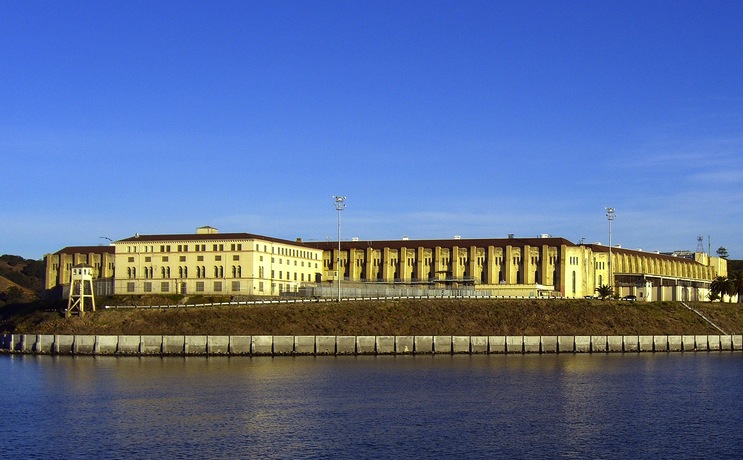Even in the prisons of Silicon Valley, there are incubators startups

When we imagine an ordinary prison in the United States, the images of rude gentlemen always relax, in their spare time relaxing in the heavily guarded courtyard, where they are engaged in weightlifting, split into groups according to nationality, and sometimes they fight. It would be strange to expect fountains serving ideas for startups and writing business plans, wouldn’t it?
However, some people have a different opinion about their creativity: most of the time, those who are sitting idle can think and invent. Located in an hour’s drive from Silicon Valley, the San Quentin State Prison held the Last Mile program for the first time, which helped five prisoners learn the basics of social media and entrepreneurship to bring people away from outside to keep up with the technological opportunities that await them in the wild. The difficulty of teaching prisoners was that most of them never used computers at all, and, according to security rules that strictly restrict communication with the outside world, they would not be able to end up in prison.
')
However, technological constraints did not greatly hinder the learning process: instead of online courses, prisoners read books, for example, The Dragonfly Effect, The End of Business As Usual, and articles, and talked with visiting lecturers, including Guy Kawasaki, one of the creators of Apple as a brand, and MC Hammer. With the help of volunteers, prisoners answered a variety of questions on Quora, and also wrote messages on paper for a Twitter account . At the end of the program, a presentation was held, during which prisoners presented their ideas to fifty people, including 11 investors, who were surprised by the level of knowledge of people who had never had any real entrepreneurial experience.

It should be noted that the ideas voiced for startups were not so bad: James Houston created a project for Teen Tech Hub, a company engaged in teaching the basics of programming children from 9 to 14 years old in their free time, which is quite logical, since this age is the most risky for child crime. The entrepreneur and founder of the rehabilitation program, Chris Redlitz, has already helped start his ideas in Richmond, where she will start working in early 2013.
Redlitz said the program continues the long tradition of perseverance of Silicon Valley. Chris decided for the first time to implement it, when, after an hour and a half discussion with the audience of entrepreneurship issues, instead of the planned thirty-minute speech, he suddenly realized that smart people might be behind the bars.
In September, the program will be held for the second time, now there will be 10 participants. Among them there should not be pedophiles and rapists.
Source: https://habr.com/ru/post/148034/
All Articles